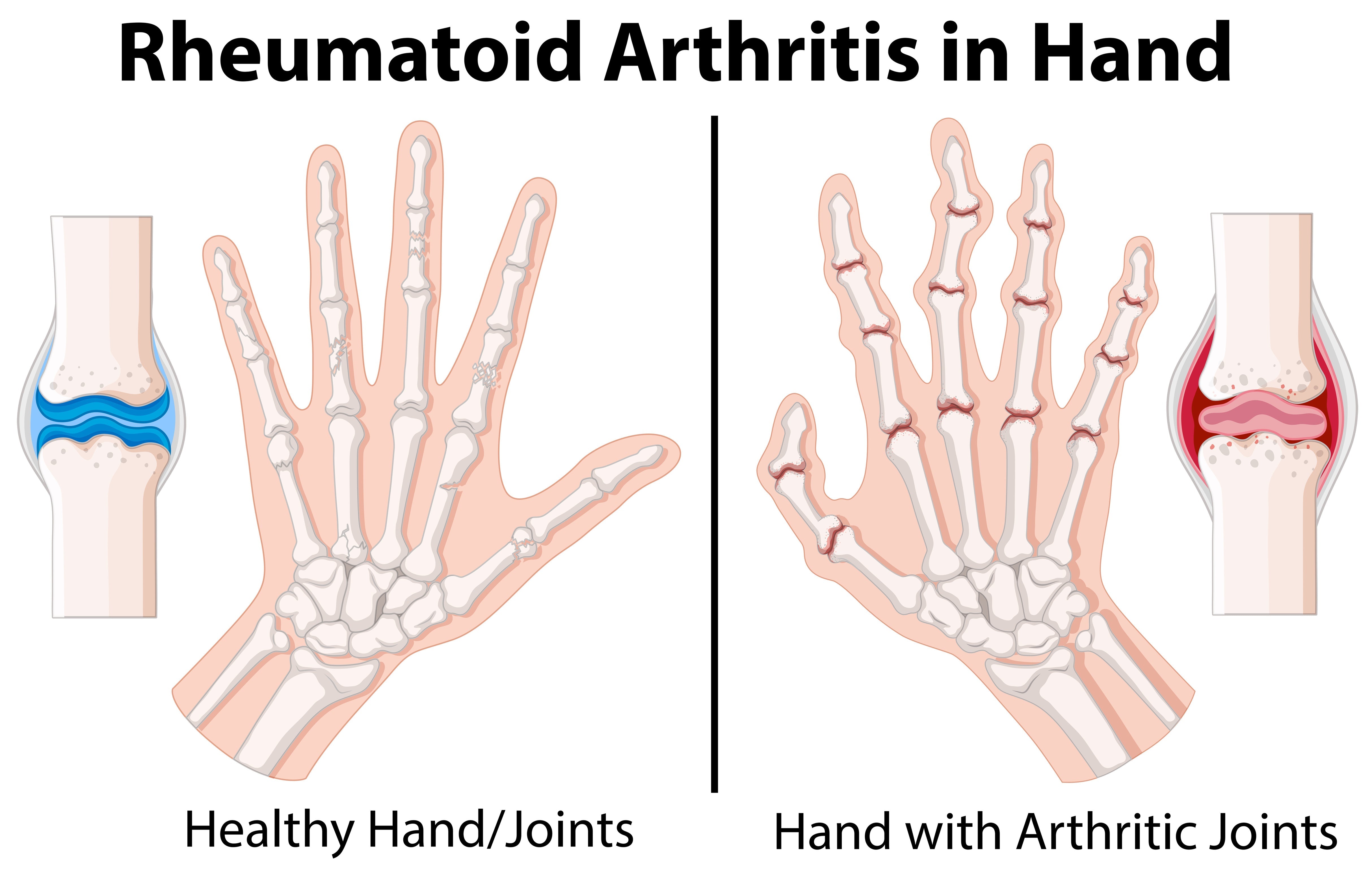Omega-3 fatty acids are crucial for maintaining overall health, particularly for brain function, heart health, and reducing inflammation. While most people associate omega-3s with fish oil, there are plenty of plant-based sources that can provide these essential nutrients for those following a vegan diet. This blog will guide you through the importance of omega-3s, their benefits, and the best vegan sources to include in your diet.
What Are Omega-3 Fatty Acids?
Omega-3 fatty acids are a type of polyunsaturated fat that our bodies cannot produce on their own. Therefore, we must obtain them from our diet. There are three main types of omega-3 fatty acids:
- Alpha-linolenic acid (ALA): Found in plant oils.
- Eicosapentaenoic acid (EPA): Primarily found in fish and algae.
- Docosahexaenoic acid (DHA): Also found in fish and algae.
For vegans, the focus is mainly on ALA, which the body can partially convert to EPA and DHA.
Health Benefits of Omega-3 Fatty Acids
- Heart Health: Omega-3s are known to reduce the risk of heart disease by lowering blood pressure, reducing triglycerides, and preventing plaque buildup in arteries .
- Brain Function: They play a critical role in maintaining cognitive function and may reduce the risk of neurodegenerative diseases like Alzheimer's .
- Inflammation Reduction: Omega-3s help combat inflammation, which is linked to various chronic diseases such as arthritis and certain cancers .
Top Vegan Sources of Omega-3
- Flaxseeds and Flaxseed Oil
- Flaxseeds are one of the richest sources of ALA. Just one tablespoon of flaxseed oil contains about 7,196 mg of ALA .
- Chia Seeds
- Chia seeds are another excellent source, providing about 5,060 mg of ALA per ounce. They can be easily added to smoothies, oatmeal, or baked goods .
- Hemp Seeds
- Hemp seeds offer a balanced ratio of omega-3 to omega-6 fatty acids. One tablespoon contains approximately 1,000 mg of ALA .
- Walnuts
- Walnuts are not only a great snack but also a good source of ALA, with about 2,570 mg per ounce .
- Algal Oil
- Algal oil is derived from algae and is a direct source of EPA and DHA, making it an excellent supplement for vegans .
- Brussels Sprouts
- Surprisingly, Brussels sprouts contain a modest amount of ALA. One cup of cooked Brussels sprouts offers about 135 mg of ALA .
Incorporating Vegan Omega-3s Into Your Diet
- Smoothies: Add a tablespoon of chia seeds or flaxseed oil to your morning smoothie.
- Salads: Sprinkle hemp seeds or chopped walnuts on your salads for a crunchy texture.
- Baked Goods: Use flaxseed meal as an egg replacement in vegan baking.
- Supplements: Consider taking an algal oil supplement to ensure you're getting enough EPA and DHA.
Conclusion
Ensuring you get enough omega-3 fatty acids on a vegan diet is not only possible but also straightforward with the right food choices. Incorporating flaxseeds, chia seeds, hemp seeds, walnuts, and algal oil into your daily routine can provide the necessary nutrients to support your heart, brain, and overall health. By making informed choices and incorporating these plant-based sources into your diet, you can reap the health benefits of omega-3 fatty acids without relying on animal products.
References
- American Heart Association
- Harvard T.H. Chan School of Public Health
- National Institutes of Health
- Alzheimer's Association
- Arthritis Foundation
- Healthline
- Medical News Today
- WebMD
- Cleveland Clinic
- Verywell Fit
- Nutrition Data



